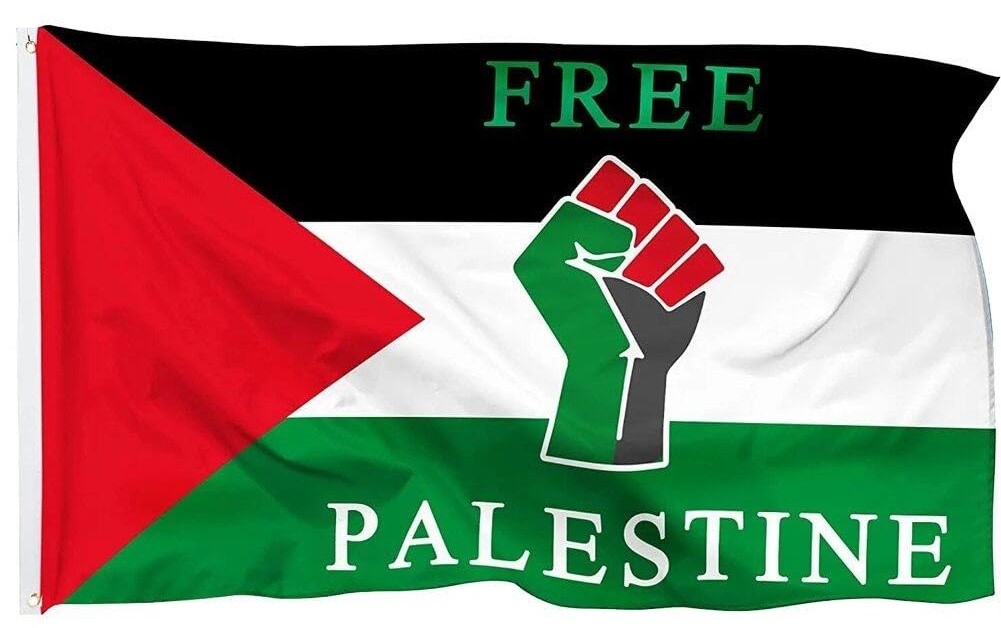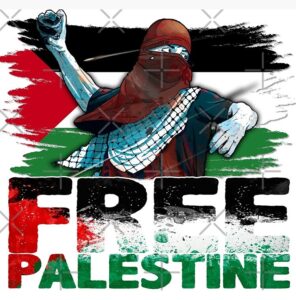
Palestine as a Free Country: Aspirations and Realities

The question of Palestinian statehood and freedom has been at the heart of Middle Eastern politics for decades. For millions of Palestinians worldwide, the vision of Palestine as a free and independent nation represents not just political aspirations, but fundamental human rights to self-determination, dignity, and sovereignty over their ancestral lands.
Historical Context and National Identity
Palestine’s rich history spans millennia, with diverse communities calling this land home throughout various empires and periods. The modern Palestinian national identity emerged more clearly in the 20th century, particularly following the British Mandate period and subsequent conflicts that displaced hundreds of thousands of Palestinians from their homes in 1948 and 1967.
Today, Palestinians maintain a strong sense of national identity despite being scattered across the West Bank, Gaza Strip, and diaspora communities worldwide. This shared identity is rooted in common language, culture, historical memory, and the collective experience of displacement and occupation.
Current Political Landscape
The Palestinian Authority governs parts of the West Bank, while Hamas controls Gaza. However, Israeli settlements, military checkpoints, and security restrictions significantly limit Palestinian autonomy in these territories. The reality on the ground presents numerous challenges to Palestinian freedom of movement, economic development, and political self-determination.
International recognition of Palestinian statehood has grown over the years, with over 130 countries now recognizing Palestine as a state. The United Nations granted Palestine non-member observer status in 2012, and various international bodies increasingly treat Palestine as a sovereign entity.
Visions of Palestinian Freedom
Different groups envision Palestinian freedom in various ways:
Two-State Solution: Many international actors and some Palestinians support the establishment of an independent Palestinian state alongside Israel, typically based on pre-1967 borders with East Jerusalem as the capital.
One-State Solutions: Some propose a single democratic state encompassing all of historic Palestine, with equal rights for all inhabitants regardless of ethnicity or religion.
Federal Arrangements: Others suggest various federal or confederate structures that could accommodate both peoples’ national aspirations.
Challenges to Palestinian Freedom
Multiple obstacles currently impede Palestinian self-determination:
The ongoing Israeli military occupation affects daily life through restrictions on movement, access to resources, and economic opportunities. Settlement expansion in the West Bank continues despite international law concerns. Internal Palestinian divisions between different political factions complicate unified governance and representation.
Economic constraints, including restrictions on trade and development, limit Palestinian economic independence. The blockade of Gaza has created particularly severe humanitarian conditions.
International Perspectives
The international community remains divided on approaches to Palestinian freedom. While many countries support Palestinian statehood in principle, practical implementation faces significant political hurdles. The United States has historically played a central mediating role, though its approach has varied significantly between different administrations.
European nations generally support Palestinian rights while maintaining relationships with Israel. Arab states have shown varying levels of support for Palestinian causes, with some recent normalization agreements with Israel creating new diplomatic dynamics.
Cultural and Social Dimensions
Palestinian culture continues to thrive despite political challenges. Literature, art, music, and cuisine serve as powerful expressions of Palestinian identity and resistance. Educational institutions, though facing resource constraints, work to preserve Palestinian heritage and prepare future generations.
Civil society organizations play crucial roles in advocating for Palestinian rights, providing services, and maintaining international connections. These grassroots efforts represent important foundations for any future Palestinian state.
Looking Forward
The path to Palestinian freedom remains complex and contested. Success will likely require addressing security concerns of all parties, ensuring economic viability, resolving issues around refugees and their right of return, and finding acceptable arrangements for Jerusalem’s status.
International law supports principles of self-determination and prohibits acquisition of territory through force, providing legal frameworks that could support Palestinian statehood. However, translating legal principles into political reality requires sustained diplomatic efforts and compromises from all stakeholders.
Conclusion
The vision of Palestine as a free country represents deep aspirations for justice, dignity, and self-determination held by millions of Palestinians. While significant challenges remain, the persistence of Palestinian identity and growing international recognition suggest that questions of Palestinian freedom will continue to be central to Middle Eastern politics.
Achieving sustainable peace and Palestinian freedom will require creative solutions that address legitimate concerns of all parties while upholding fundamental human rights and international law. The ultimate shape of Palestinian freedom may evolve, but the underlying human desire for dignity and self-determination remains a constant driving force in this ongoing struggle.
















Post Comment